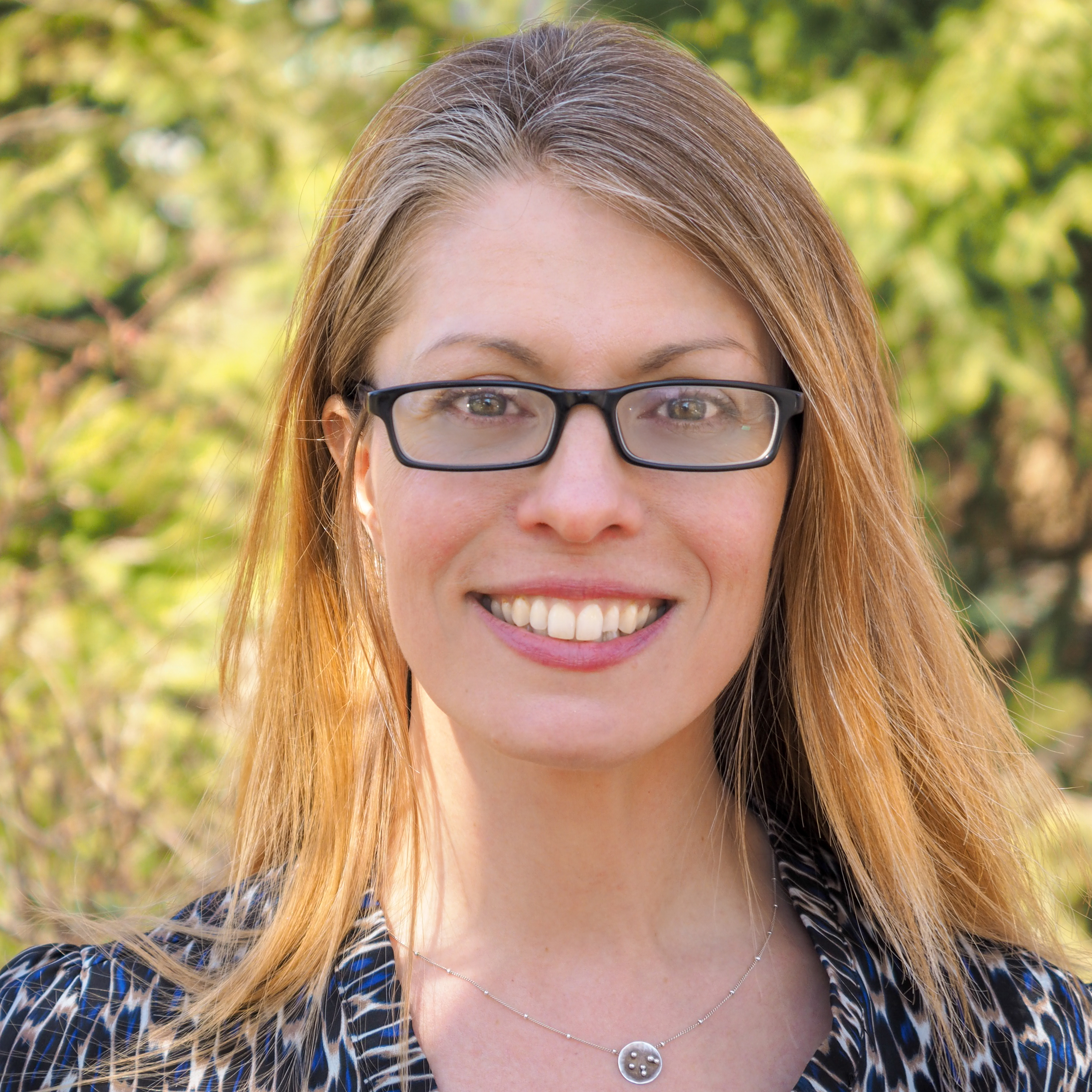Voicebanking and Veteran's Month
VETERAN'S MONTH AT VOCALiD

By Michele J Martin
We are grateful for the sacrifices that our veterans have made for us. That’s why we have designated the entire month of November - Veteran's Month.
Each day 4.6 veterans are diagnosed with head and neck cancer. Some will lose their ability to speak. 50% of all cancer patients will experience feelings of depression and social isolation from the treatments and life changes post surgery. Our technology can help ease the transition and improve quality of life.
What does VocaliD do?
Through the combination of voicebanking and our AI-powered voice technology, we help individuals facing speech loss to maintain their social connections, self-identity, and autonomy.
To learn more about how VocaliD helps individuals, watch the voicebanking journey of Lonnie Blanchard, a veteran of the U.S. Air Force:
What is Voicebanking?
Voicebanking is the process of recording one’s speech prior to voice loss. An individual will use our website to record themselves reading sentences from pre-loaded stories. These recordings are then used to create a digital voice that sounds like them.
Individuals can also choose to contribute their voice recordings to someone who didn't have the opportunity to voicebank for themselves prior to voice loss. Whatever the reason, these people rely on the generosity of anonymous voicebank contributors whose voices are then used to build them unique vocal identities. To date, over 27k English-speaking volunteers from around their world have banked their voice for individuals in need. You can become a voicebank contributor too. It is easy, learn more here: Human Voicebank
What is Voice Synthesis?
Once we have the voicebank recordings we use our state-of-the-art machine learning algorithms and our speech and audio engineering expertise to build a unique AI voice the recipient. This voice will allow them to speak in their own voice, or a voice crafted especially for them, on a speech generating device such as a mobile phone or tablet.
What to expect with Veteran's Month?
Stay tuned each week for a new related blog post and make sure you are following our social media accounts, where we will be curating topically focused informative content for those interested in voicebanking, veterans health, and head and neck cancer. In addition, keep a watch out for other Veteran’s Day announcements this month! On social media be sure to follow along with (and use) #bankyourvoice and #voicedriveforvets to help drive awareness!
Here is how YOU can help:
If you are a physician or clinician caring for veterans with head and neck cancer, we want to talk to you about voicebanking and how it can help your clients and your practice.
Want to host a community or company voice drive for veterans? Email us at hello@vocalid.ai to learn how easy it can be.
Don’t have a computer or quiet area in your home and looking for a place to voicebank? We have a network of clinics who support the mission and offer dedicated times and spaces for voicebanking. If you are in the Boston area you visit the Speech Preservation Clinic at Northeastern University Monday - Friday. Learn more and make an appointment here: Bouve Colleg of Health Sciences — Voice Preservation Clinic
Are you a veteran (or have a loved one who is) and want to help us spread the word about voicebanking for vets on your website or at your local VA hospital or VFW, we’d love to hear from you!
Together we can help those with speech loss be heard in their own voice
Spread the word
Twitter
LinkedIn
Facebook
Email